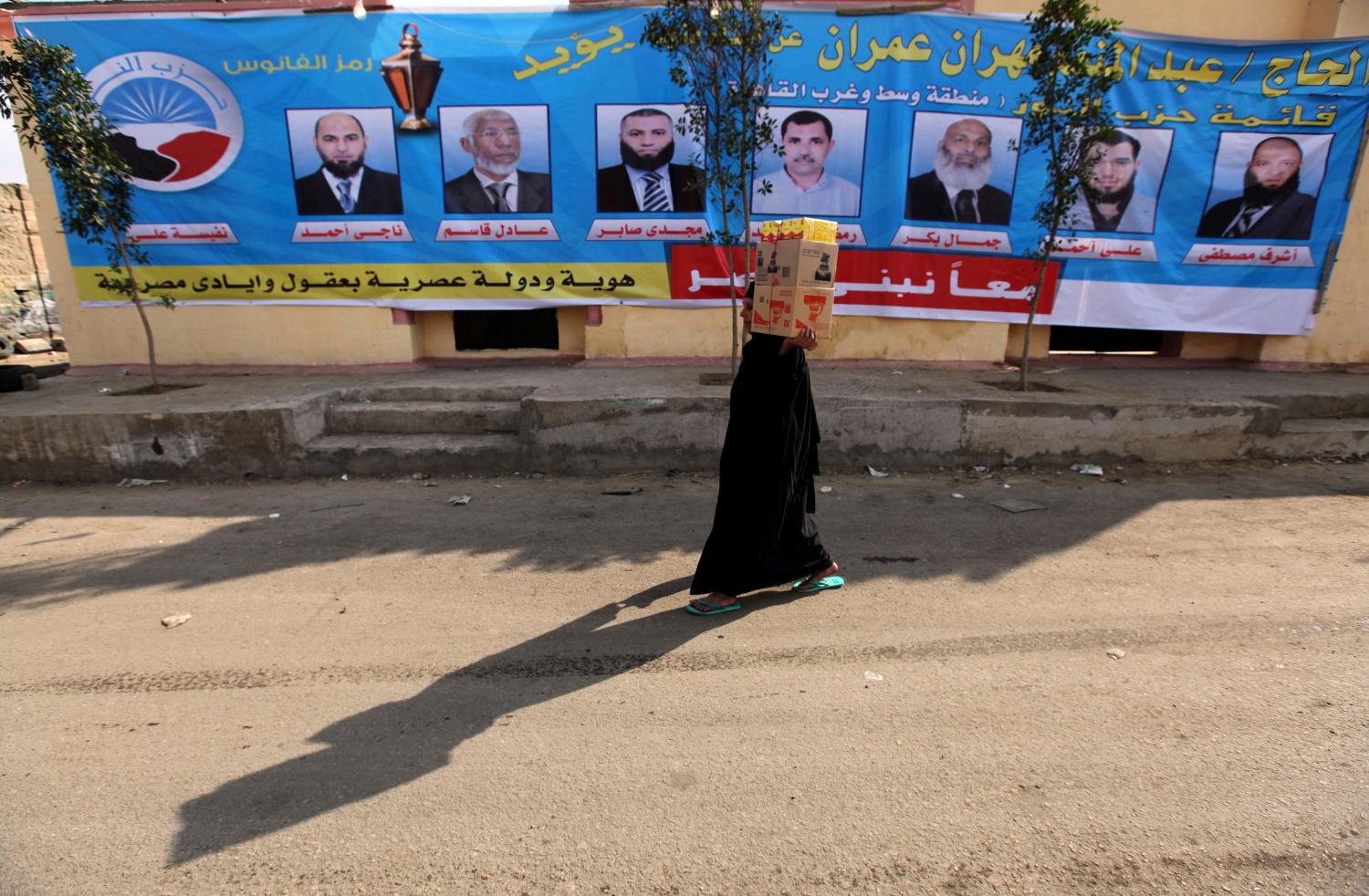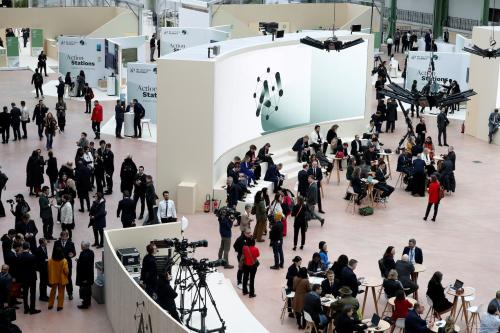Content from the Brookings Doha Center is now archived. In September 2021, after 14 years of impactful partnership, Brookings and the Brookings Doha Center announced that they were ending their affiliation. The Brookings Doha Center is now the Middle East Council on Global Affairs, a separate public policy institution based in Qatar.
The rise of political Salafism has reshaped the Egyptian political scene. Though the Muslim Brotherhood still occupies the dominant position, it has lost its hegemony over Islamist politics. The relationship between Salafis and the Brotherhood has evolved since the revolution, from discrete cooperation to fierce competition. The final outcome of this competition remains uncertain. It could end up pushing the Salafis to a more intransigent stance intended to distinguish them from the “responsible” and “pragmatic” Brotherhood. Alternatively, it could convince the Salafis to fully embrace a more pragmatic politics themselves. This question is also closely related to that of the relationship between the Nour Party and its parent movement, the Salafi Da’wa. To what extent will the party manage to assert its political independence?
For the moment, it is significant that the Nour Party and other established Salafi groups have seemed more inclined to follow a gradual and pragmatic path rather than to bend to the pressure of their own idealists, as the backing of moderate Islamist Abdel Moneim Abul Futuh indicates. What remains to be seen, however, is the extent to which the Salafi leadership will be able to impose this shift on the movement’s constituency. The defeat of Abul Futuh in the first round of presidential elections, arguably because a significant proportion of Salafis’ were reluctant to back a “liberal” candidate, illustrates the difficulties ahead for the leadership, should the latter decide to continue on the same path. How should we make sense of the Salafi breakthrough? And now that they represent the second strongest force in parliament, what lies ahead for their movement?
The Brookings Institution is committed to quality, independence, and impact.
We are supported by a diverse array of funders. In line with our values and policies, each Brookings publication represents the sole views of its author(s).



